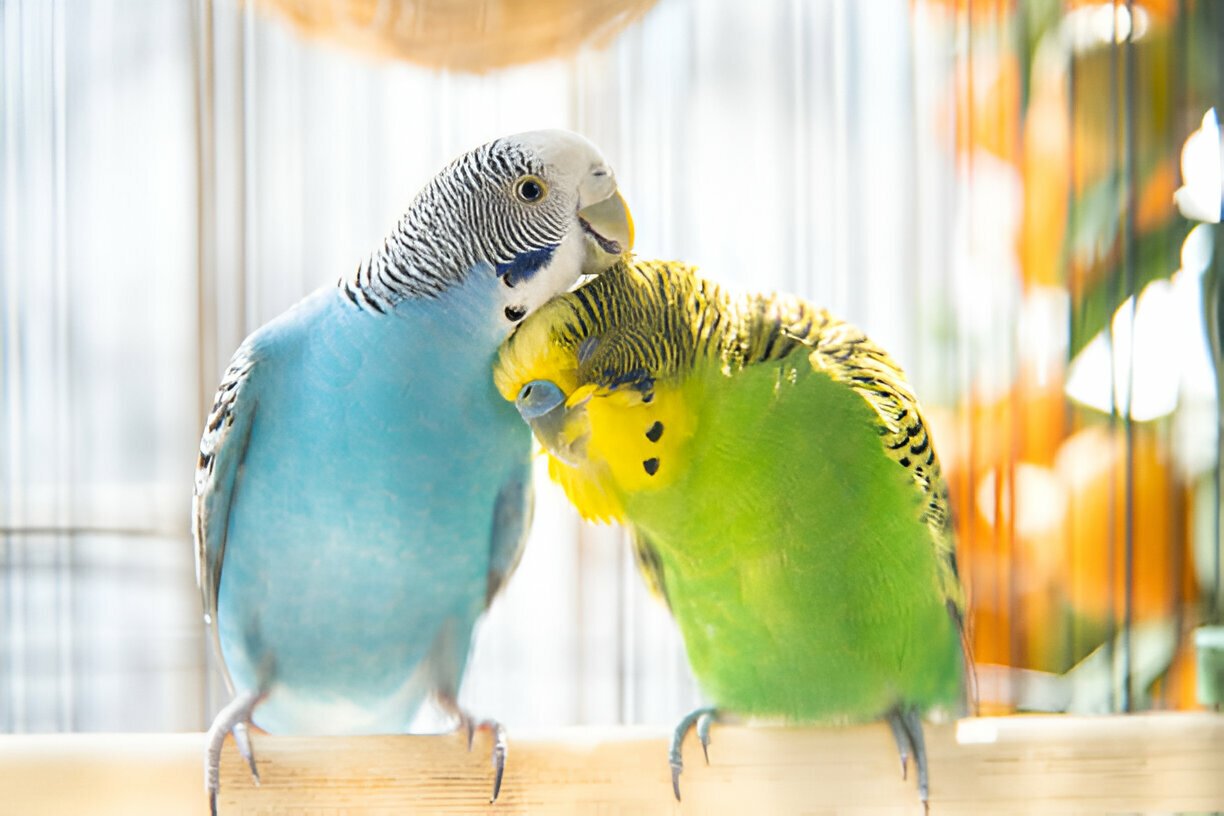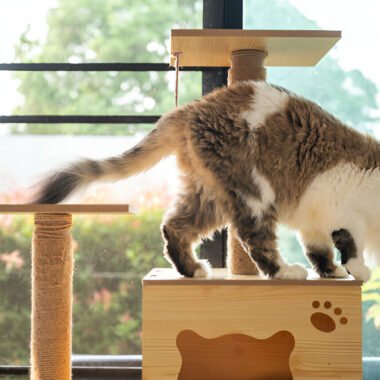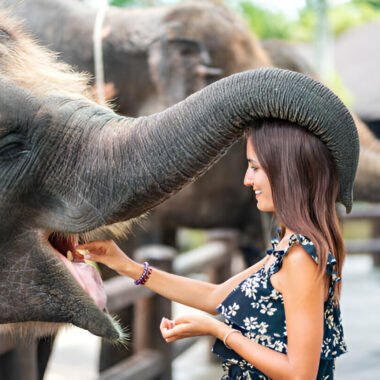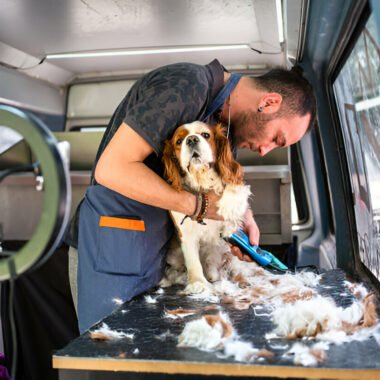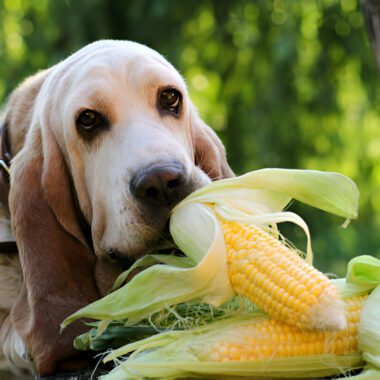Table of Contents
Birds, with their vibrant plumage and melodious songs, make delightful pets. However, caring for them requires more than just providing food and water. Understanding their specific needs and avoiding common mistakes is crucial for ensuring their well-being and happiness.
Introduction to Bird Care
Bird care encompasses various aspects, including nutrition, housing, socialization, and health management. Whether you have a small parakeet or a majestic macaw, providing adequate care is essential for their longevity and quality of life.
Importance of Proper Bird Care
Proper bird care is not just about keeping your pet alive; it’s about promoting their physical and mental health. Neglecting their needs can lead to stress, behavioral issues, and even serious health problems. By avoiding common mistakes, you can create a nurturing environment where your feathered friend can thrive.
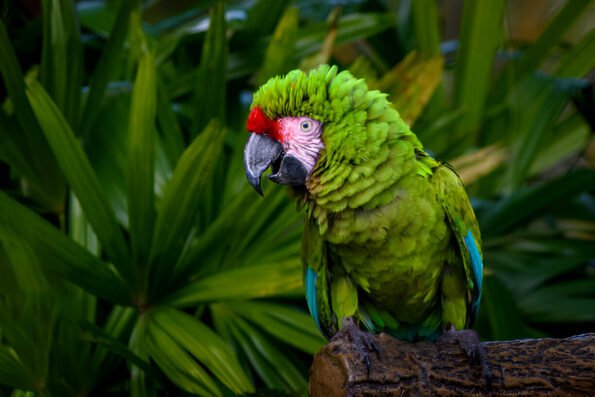
Common Mistakes in Bird Care
Lack of Proper Diet Understanding
One of the most common mistakes bird owners make is feeding their pets an improper diet. Birds have specific nutritional requirements, and a diet lacking in essential nutrients can lead to deficiencies and health issues. Consult a veterinarian or avian specialist to determine the best diet for your bird’s species and individual needs.
Neglecting Hygiene and Cleanliness
Maintaining a clean environment is crucial for preventing diseases and infections in birds. Neglecting cage cleaning and providing dirty water or food dishes can expose your bird to harmful bacteria and parasites. Establish a regular cleaning routine and ensure that your bird’s living space remains sanitary at all times.
Ignoring Mental Stimulation
Birds are highly intelligent creatures that require mental stimulation to prevent boredom and behavioral problems. Provide toys, puzzles, and interactive activities to keep your bird engaged and entertained. Rotating toys regularly and introducing new challenges will help stimulate their minds and prevent monotony.
Overlooking Regular Vet Check-ups
Regular veterinary check-ups are essential for monitoring your bird’s health and detecting any potential issues early on. Many bird owners neglect this aspect of care, assuming that their pets are healthy until signs of illness become apparent. Schedule annual wellness exams with an avian veterinarian to ensure that your bird remains in optimal health.
Inadequate Housing and Cage Size
Birds need ample space to move around and stretch their wings. Keeping them in cramped cages can lead to stress, muscle atrophy, and even behavioral problems. Invest in a spacious cage that allows your bird to exercise and explore comfortably, taking into account their species and size.
Incorrect Socialization
Birds are social creatures that thrive on interaction with their human caregivers and fellow birds. Avoid isolating your bird for extended periods and provide opportunities for socialization through regular handling and supervised playtime. Proper socialization is crucial for preventing loneliness and promoting a strong bond between you and your bird.
Neglecting Environmental Enrichment
In addition to social interaction, birds also require environmental enrichment to stay mentally stimulated. Create a stimulating environment with perches of varying heights, natural branches, and foraging opportunities. Mimic their natural habitat as much as possible to encourage natural behaviors and prevent boredom.
Misunderstanding Signs of Illness
Birds are masters at hiding signs of illness, making it challenging for owners to detect health problems early on. Familiarize yourself with common signs of illness in birds, such as changes in appetite, behavior, or droppings. Seek immediate veterinary care if you notice any abnormal symptoms to prevent serious complications.

Not Providing Adequate Exercise
Regular exercise is essential for maintaining your bird’s physical health and preventing obesity. Encourage active playtime outside of the cage and provide opportunities for flight if safe and appropriate for your bird’s species. Physical activity not only helps keep your bird fit but also provides mental stimulation and enrichment.
Using Unsafe Products
Birds are highly sensitive to chemicals and toxins found in many household products. Avoid using aerosols, candles, and cleaning products near your bird’s living area, as they can emit fumes that are harmful to their respiratory system. Opt for bird-safe cleaning products and carefully research any products used in their environment.
Ignoring Bird-Proofing Measures
Birds are curious creatures that love to explore their surroundings. However, their inquisitive nature can lead them into dangerous situations if their environment is not properly bird-proofed. Keep electrical cords, toxic plants, and other hazards out of reach, and supervise your bird closely when outside of their cage.
Handling Mistakes
Improper handling can cause stress and injury to your bird, damaging your bond and trust. Avoid grabbing or restraining your bird forcefully and instead use gentle, positive reinforcement techniques. Approach them calmly and let them come to you voluntarily, respecting their boundaries and preferences.
Underestimating the Time Commitment
Bird ownership requires a significant time commitment, from daily feeding and cleaning to regular socialization and enrichment. Many owners underestimate the amount of time and effort required to care for a bird properly, leading to neglect and unhappy pets. Be prepared to dedicate time each day to meet your bird’s needs and provide them with the attention they deserve.
Overcrowding Birds
While birds are social animals, overcrowding can lead to territorial disputes and stress. Introducing multiple birds into a small space without proper supervision can result in aggression and injury. Consider the individual needs and personalities of your birds before introducing them to each other, and provide separate living areas if necessary.
Conclusion
Avoiding common bird care mistakes is essential for ensuring the health, happiness, and longevity of your feathered friend. By understanding their specific needs and providing a nurturing environment, you can build a strong bond with your bird and enjoy many years of companionship together.

